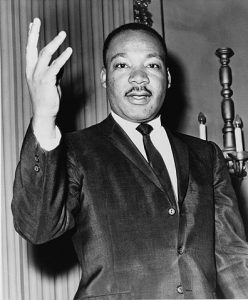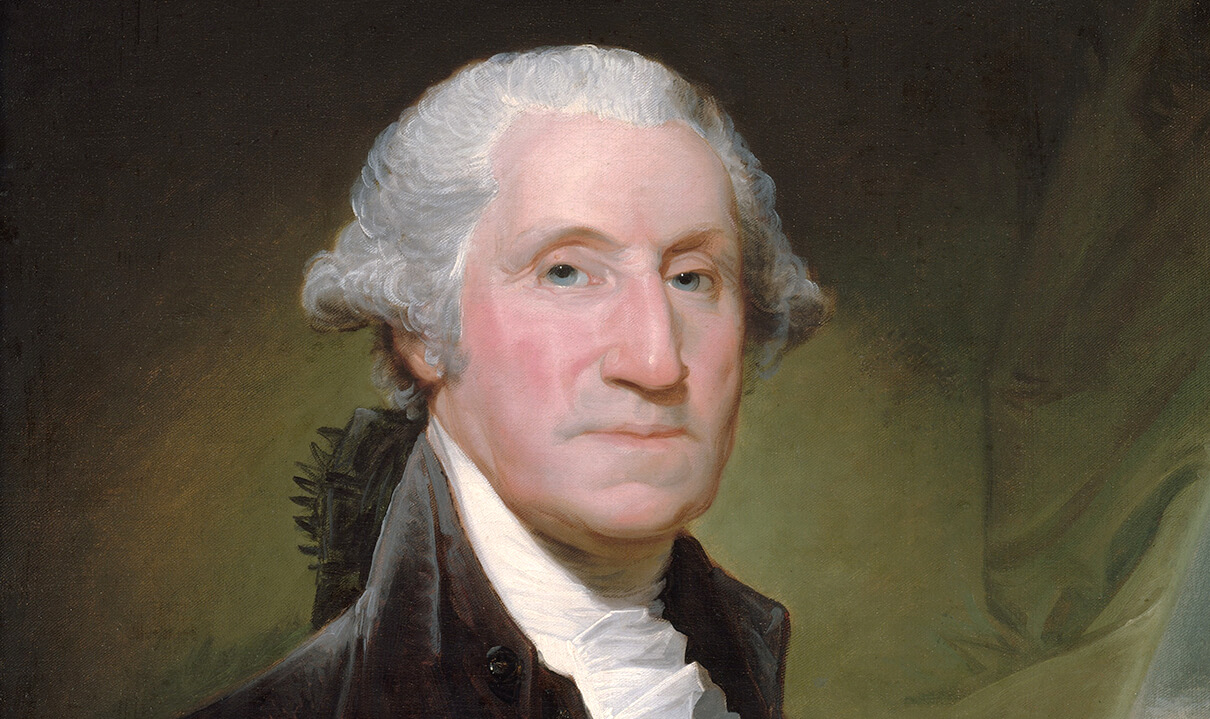 is celebrated in America each year on January 16 — the date of the 1786 passage of Thomas Jefferson’s Virginia Statute of Religious Freedom. That measure ended the state-established church in Virginia and for the first time placed all denominations on the same legal footing. That act fully protected the right of religious conscience — one of the first rights protected in America. As John Quincy Adams affirmed, “The transcendent and overruling principle of the first settlers of New England was conscience.”
is celebrated in America each year on January 16 — the date of the 1786 passage of Thomas Jefferson’s Virginia Statute of Religious Freedom. That measure ended the state-established church in Virginia and for the first time placed all denominations on the same legal footing. That act fully protected the right of religious conscience — one of the first rights protected in America. As John Quincy Adams affirmed, “The transcendent and overruling principle of the first settlers of New England was conscience.”
When America became an independent nation, the first state constitutions similarly protected the rights of religious conscience, such as that of North Carolina:
That all men have a natural and unalienable right to worship Almighty God, according to the dictates of their own conscience.
 The rights of religious conscience were then enshrined at the federal level in the First Amendment of the Constitution. As Thomas Jefferson affirmed multiple times:
The rights of religious conscience were then enshrined at the federal level in the First Amendment of the Constitution. As Thomas Jefferson affirmed multiple times:
No provision in our Constitution ought to be dearer to man than that which protects the rights of conscience.
[O]ur rulers can have no authority over such natural rights, only as we have submitted to them. The rights of conscience we never submitted.
[I]t is inconsistent with the spirit of our laws and Constitution to force tender consciences.
 Also celebrated today is the birthday of the Rev. Martin Luther King Jr. This pastor practiced many First Amendment rights, including not only that of free-exercise of religion but also assembly, petition, and speech. Dr. King’s use of non-violent protests during the Civil Rights movement caused him to receive the Nobel Peace Prize in 1964.
Also celebrated today is the birthday of the Rev. Martin Luther King Jr. This pastor practiced many First Amendment rights, including not only that of free-exercise of religion but also assembly, petition, and speech. Dr. King’s use of non-violent protests during the Civil Rights movement caused him to receive the Nobel Peace Prize in 1964.
Let’s celebrate the First Amendment — and heroes such as Dr. King who championed its rights. Currently, only 1 in 1,000 Americans can name the five rights in the First Amendment (religion, or conscience; press; speech; assembly; and petition), and 33% can’t name even one of them. So be different! Take the time to memorize these five important rights.
Still looking for answers? Visit our FAQ page
More Resources
Know the Truth and Protect Your Freedoms.
Still looking for answers? Visit our FAQ page
Stay Informed with the Latest Resources
Enter your email address to receive our regular newsletter, with important information and updates right in your inbox!








